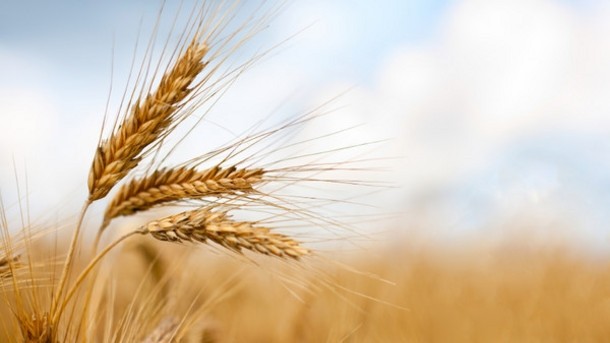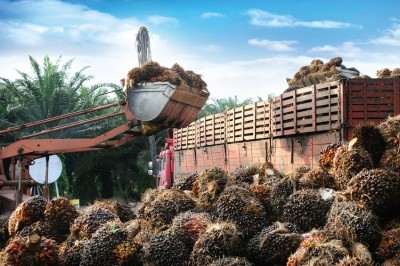Record high stock levels mean low food prices in 2017: Rabobank

The precarious political and economic situation in both Europe and America mean that markets and currency values will be volatile throughout the coming year, the report said.
Britain’s vote to the leave the European Union in June caused a rapid drop in value of the pound, reaching a 31 year low. This increased the price of food imports by 16% and subsequently forced a rise in exports.
British grain exports, for example, are now at a 20-year high.
With elections in France, Germany and Netherlands in 2017, there will likely also be currency devaluation for the euro, causing a similar rise in the price of imports and drop in price of exports.
Trump’s presidency makes predictions for US effects on food industry difficult, as his policies are hard to foresee – if put into action, the ‘protectionist’ policies of his campaign rhetoric would have wide reaching impacts, particularly if existing trade agreements were torn up.
However, Stephan Vogel, Rabobank’s head of agri commodity markets and author of the report said “While farmers, consumers and commodity traders will all be keeping an eye on potentially volatile currency prices during 2017, overall the fundamentals remain strong. The global population is growing and prosperity is rising, fuelling the switch to more expensive, meat and dairy-rich diets.”
High stock levels and 'wild card' China
The report focussed on the existence of massive reserves of staple food commodities like wheat, corn, and soybeans – all essential to the expanding livestock industry.
It speculated that China is sitting on the largest share of these reserves, real amounts of which are unknown, but estimated to be at least half of world corn supplies, 60% global cotton supplies, 40% of wheat and 21% of soybeans.
If the world’s most populous country decides to start selling these reserves into the global market, global prices would rapidly decrease.
Vogel said: “Any decision by China’s policymakers to begin selling down these reserves would have a profound effect on world markets.”
Regardless of the 'wild card' China, Vogel expects food prices to remain low as stock levels globally are at a record high. “Good news for consumers but less so for the world’s farmers” he said.






